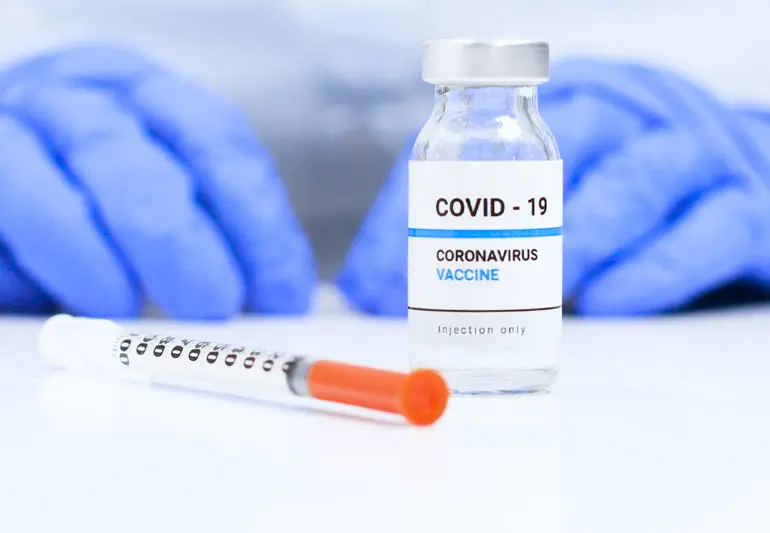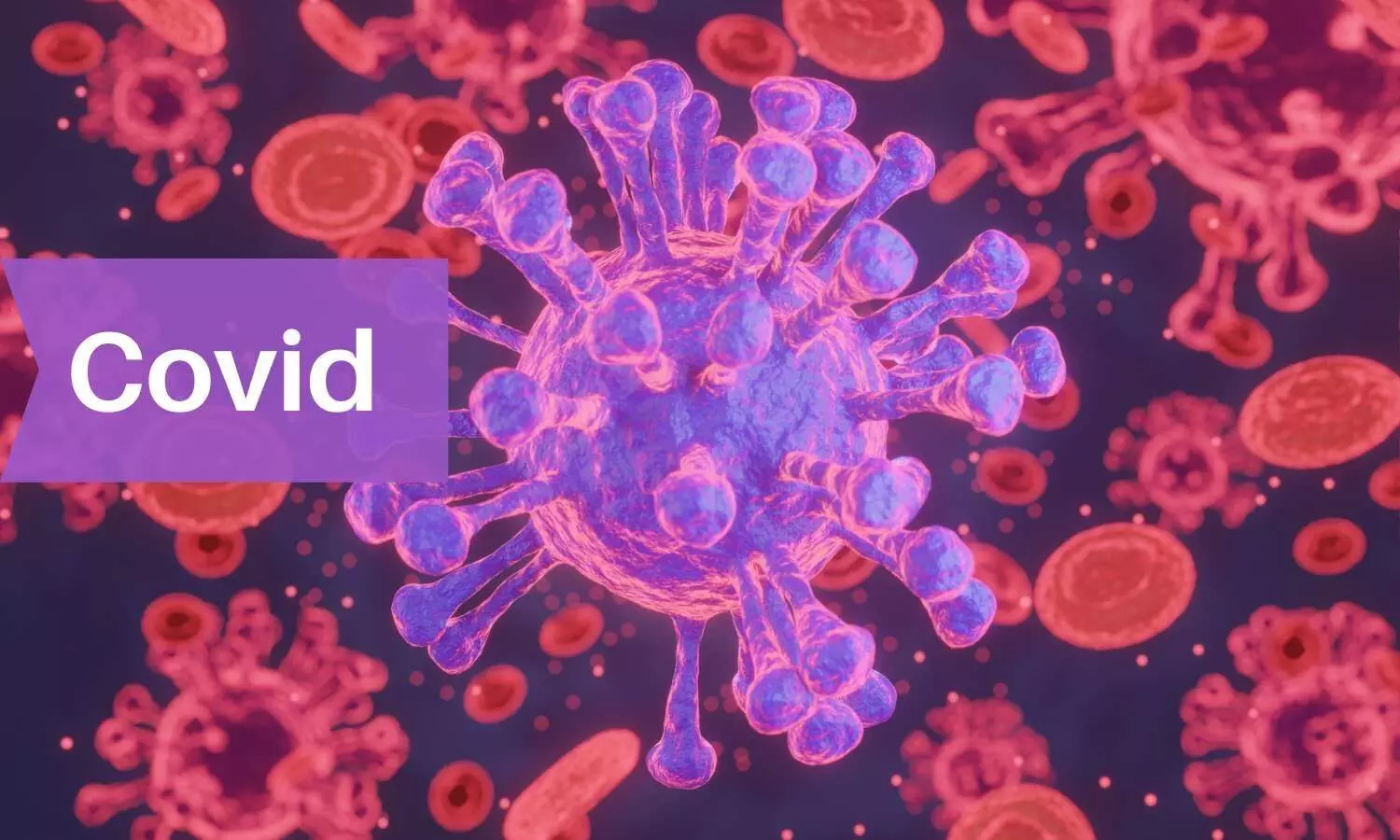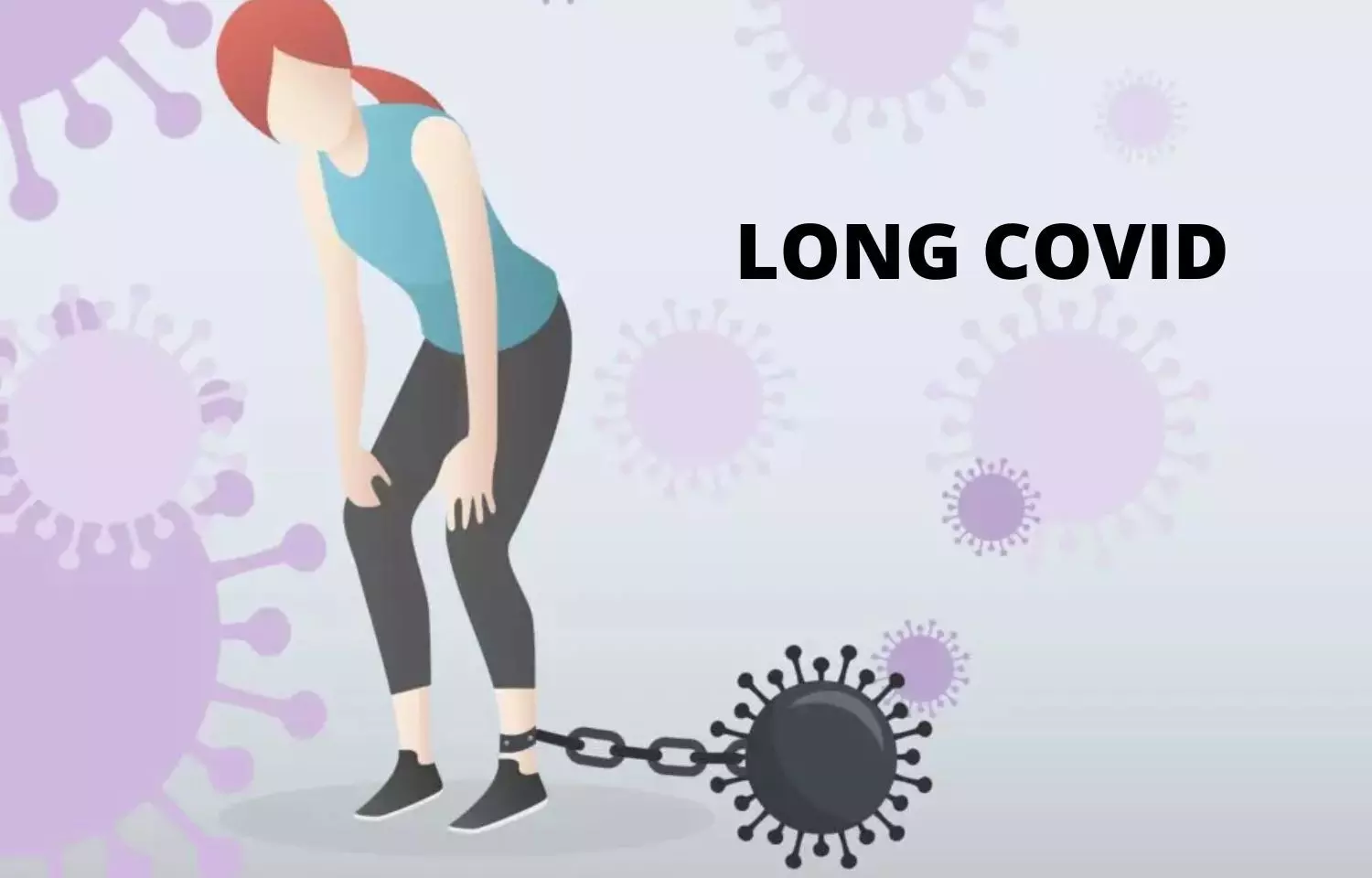- Home
- Medical news & Guidelines
- Anesthesiology
- Cardiology and CTVS
- Critical Care
- Dentistry
- Dermatology
- Diabetes and Endocrinology
- ENT
- Gastroenterology
- Medicine
- Nephrology
- Neurology
- Obstretics-Gynaecology
- Oncology
- Ophthalmology
- Orthopaedics
- Pediatrics-Neonatology
- Psychiatry
- Pulmonology
- Radiology
- Surgery
- Urology
- Laboratory Medicine
- Diet
- Nursing
- Paramedical
- Physiotherapy
- Health news
- Fact Check
- Bone Health Fact Check
- Brain Health Fact Check
- Cancer Related Fact Check
- Child Care Fact Check
- Dental and oral health fact check
- Diabetes and metabolic health fact check
- Diet and Nutrition Fact Check
- Eye and ENT Care Fact Check
- Fitness fact check
- Gut health fact check
- Heart health fact check
- Kidney health fact check
- Medical education fact check
- Men's health fact check
- Respiratory fact check
- Skin and hair care fact check
- Vaccine and Immunization fact check
- Women's health fact check
- AYUSH
- State News
- Andaman and Nicobar Islands
- Andhra Pradesh
- Arunachal Pradesh
- Assam
- Bihar
- Chandigarh
- Chattisgarh
- Dadra and Nagar Haveli
- Daman and Diu
- Delhi
- Goa
- Gujarat
- Haryana
- Himachal Pradesh
- Jammu & Kashmir
- Jharkhand
- Karnataka
- Kerala
- Ladakh
- Lakshadweep
- Madhya Pradesh
- Maharashtra
- Manipur
- Meghalaya
- Mizoram
- Nagaland
- Odisha
- Puducherry
- Punjab
- Rajasthan
- Sikkim
- Tamil Nadu
- Telangana
- Tripura
- Uttar Pradesh
- Uttrakhand
- West Bengal
- Medical Education
- Industry
3 months of waiting after infection to get booster COVID19 shot can maximize increase in antibody levels

A new study found that a waiting period of 3 months for the third dose of mRNA vaccine elicits robust humoral immune response among those who typically had primary vaccination. The study results were published in the journal Clinical Infectious Diseases.
COVID-19 mRNA vaccination has substantially mitigated the impact of the pandemic by preventing infection or attenuating disease severity. Despite several vaccine effectiveness studies, the waning of neutralizing antibodies after vaccination and a corresponding reduction in the protective effect against infection has been observed that questions the timing of the booster doses. Though the three doses elicited a robust immune response, there is limited data on the effectiveness of vaccines on SARS-CoV-2-affected individuals. Hence researchers conducted a longitudinal study from a cohort of healthcare personnel (75.5%), first responders (4.6%), and other frontline workers (19.8%) in 6 US states, to assess antibody waning after dose-2, and response to dose-3, according to SARS-CoV-2 infection history.
Sera were collected from the participants every three months, after SARS-CoV-2 infection, and after each COVID-19 vaccine, dose to test for antibodies. Three comparison groups were formed that included vaccine only with no known prior SARS-CoV-2 infection group with 224 participants; the infection before the dose-1 group with 123 participants; and the infection after dose-2 and before the dose-3 group with 41 participants. After testing sera, it was reported quantitatively as an area under the serial dilution curve (AUC). Using a linear mixed model changes in the AUC values over time were compared as fold changes.
Key results of the study:
- About 388 participants who received dose-3 by November 2021 were analyzed.
- There was nearly an 8-month interval between dose 2 and dose 3.
- After dose 3, there was an increase in antibody levels to 2.5-fold (95%CI = 2.2-3.0) in group 2, and to 2.9-fold (95%CI = 2.6-3.3) in group 1.
- Those infected within 90 days before dose-3 (and median 233 days (IQR = 213-246) after dose-2) did not increase significantly after dose-3.
Thus, in patients with a waiting period of 3 months before the booster dose and post the SARS-CoV-2 infection, a robust humoral immune response was observed unlike those without a waiting period regardless of the primary vaccination.
Further reading: Herring MK, Romine JK, Wesley MG, et al. SARS-CoV-2 infection history and antibody response to three COVID-19 mRNA vaccine doses [published online ahead of print, 2022 Dec 29]. Clin Infect Dis. 2022;ciac976. doi:10.1093/cid/ciac976
BDS, MDS
Dr.Niharika Harsha B (BDS,MDS) completed her BDS from Govt Dental College, Hyderabad and MDS from Dr.NTR University of health sciences(Now Kaloji Rao University). She has 4 years of private dental practice and worked for 2 years as Consultant Oral Radiologist at a Dental Imaging Centre in Hyderabad. She worked as Research Assistant and scientific writer in the development of Oral Anti cancer screening device with her seniors. She has a deep intriguing wish in writing highly engaging, captivating and informative medical content for a wider audience. She can be contacted at editorial@medicaldialogues.in.
Dr Kamal Kant Kohli-MBBS, DTCD- a chest specialist with more than 30 years of practice and a flair for writing clinical articles, Dr Kamal Kant Kohli joined Medical Dialogues as a Chief Editor of Medical News. Besides writing articles, as an editor, he proofreads and verifies all the medical content published on Medical Dialogues including those coming from journals, studies,medical conferences,guidelines etc. Email: drkohli@medicaldialogues.in. Contact no. 011-43720751




